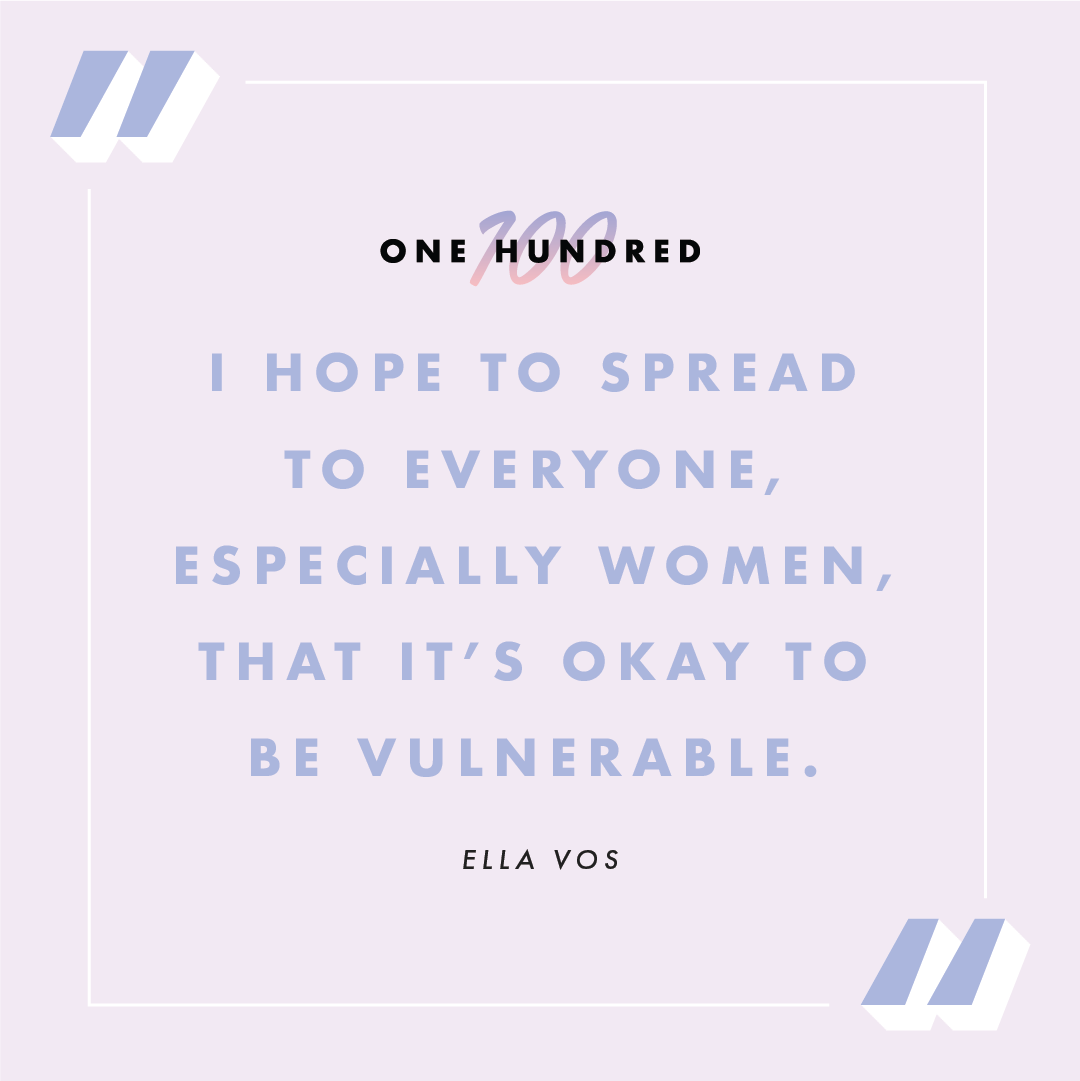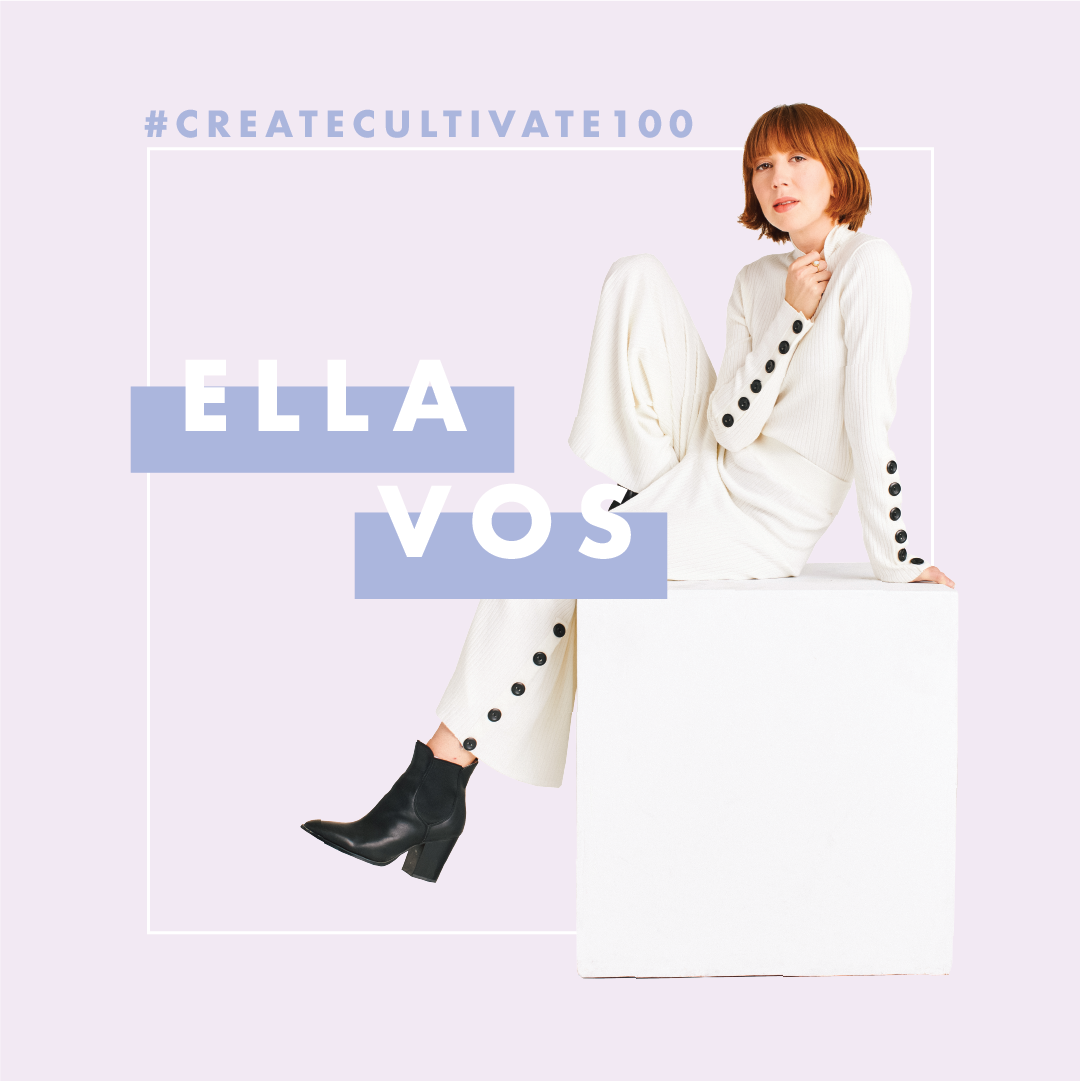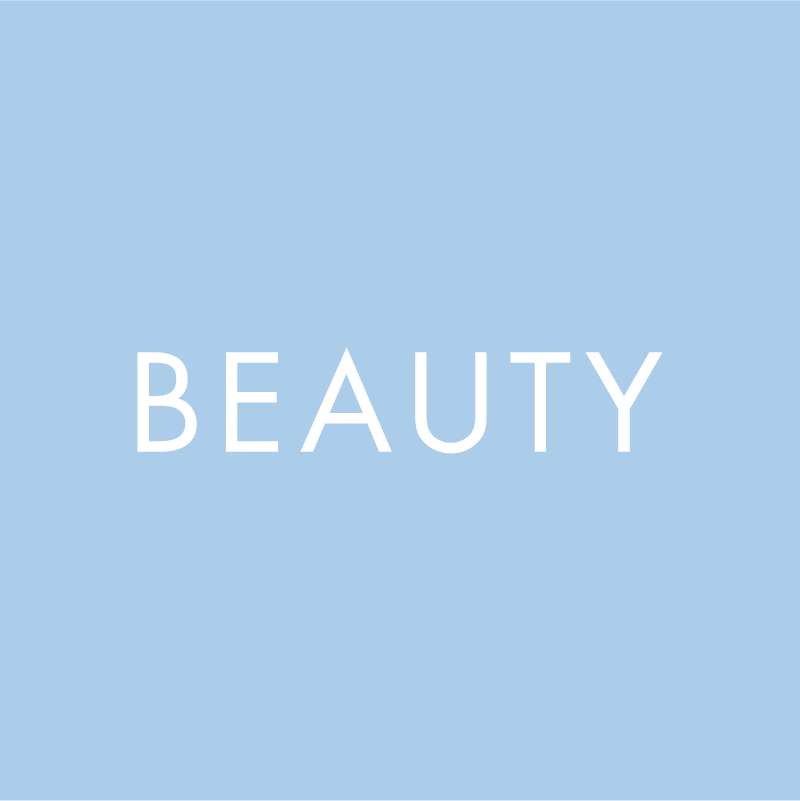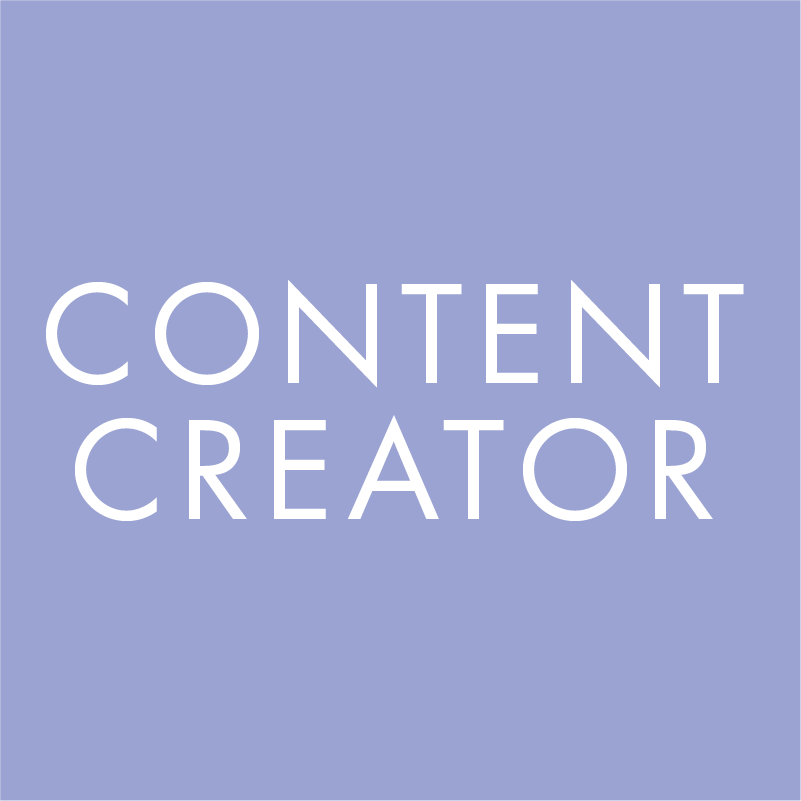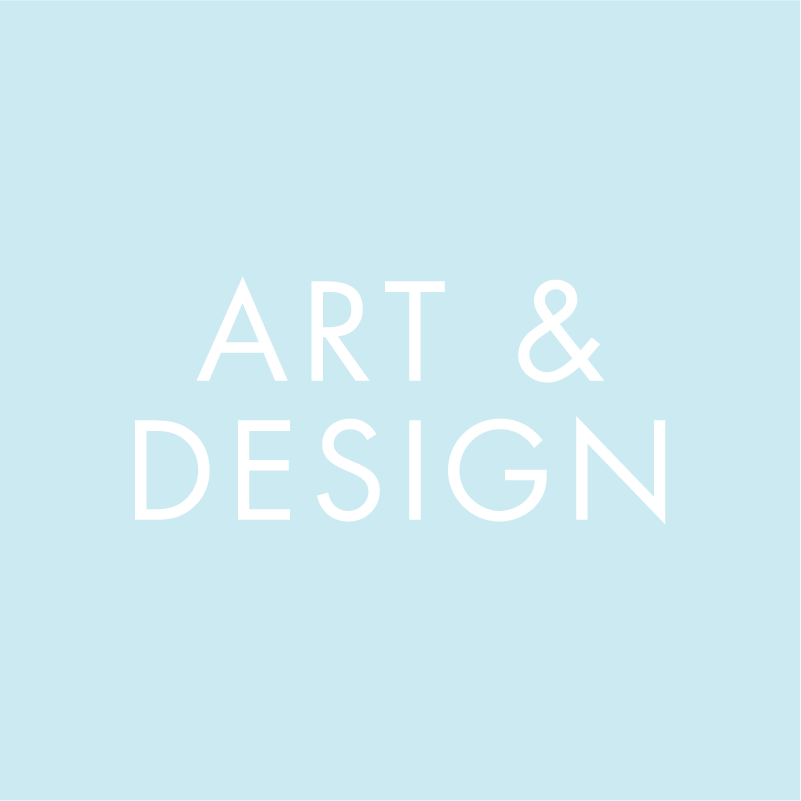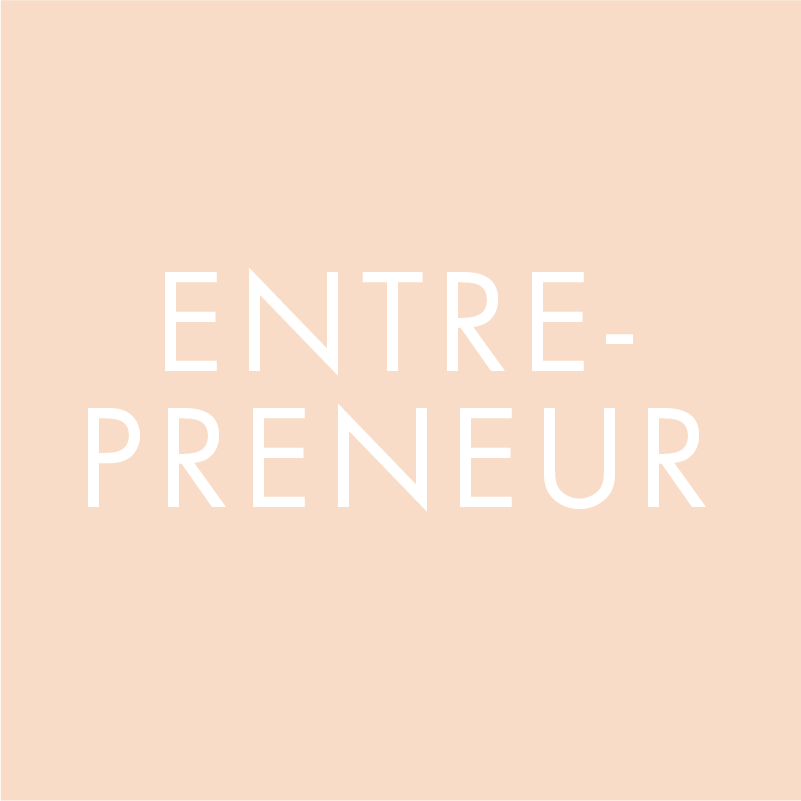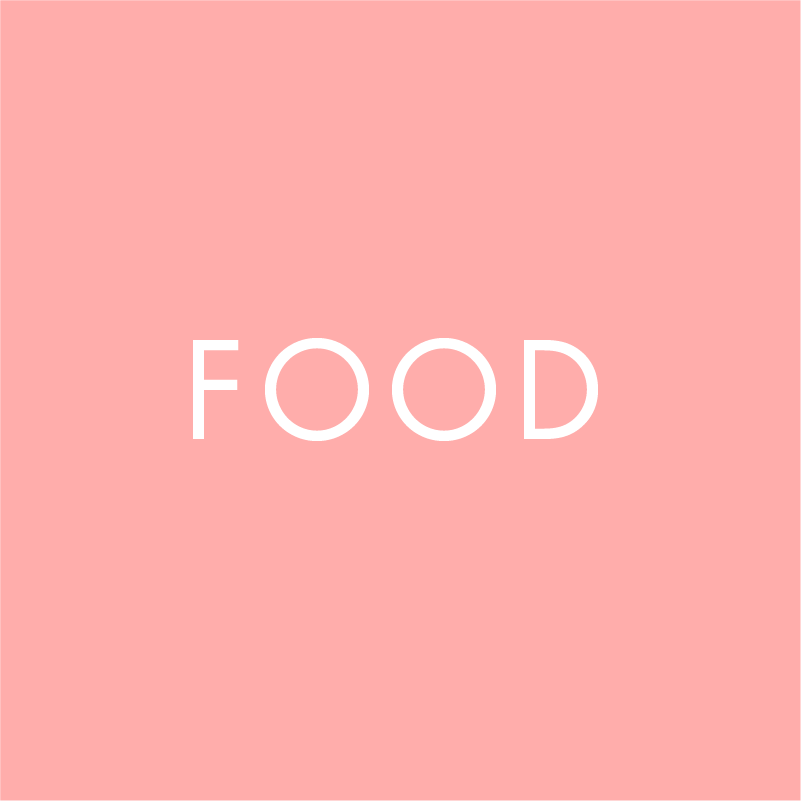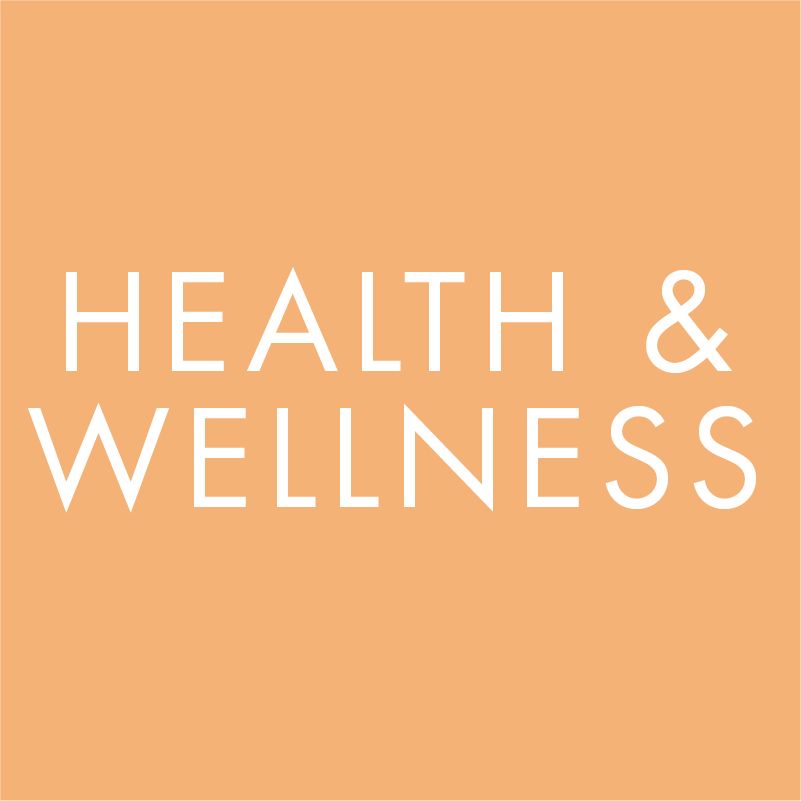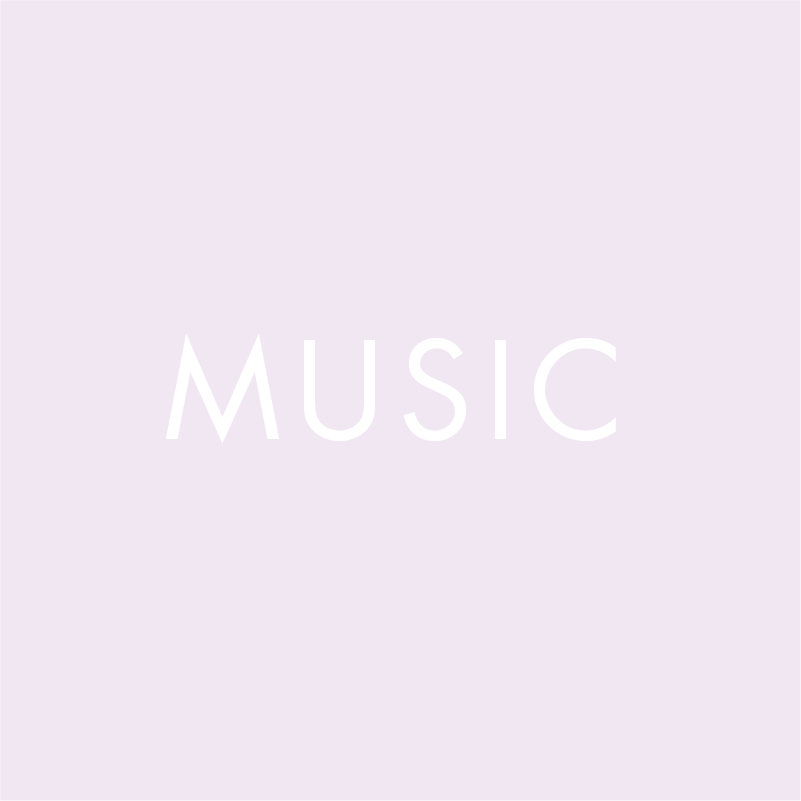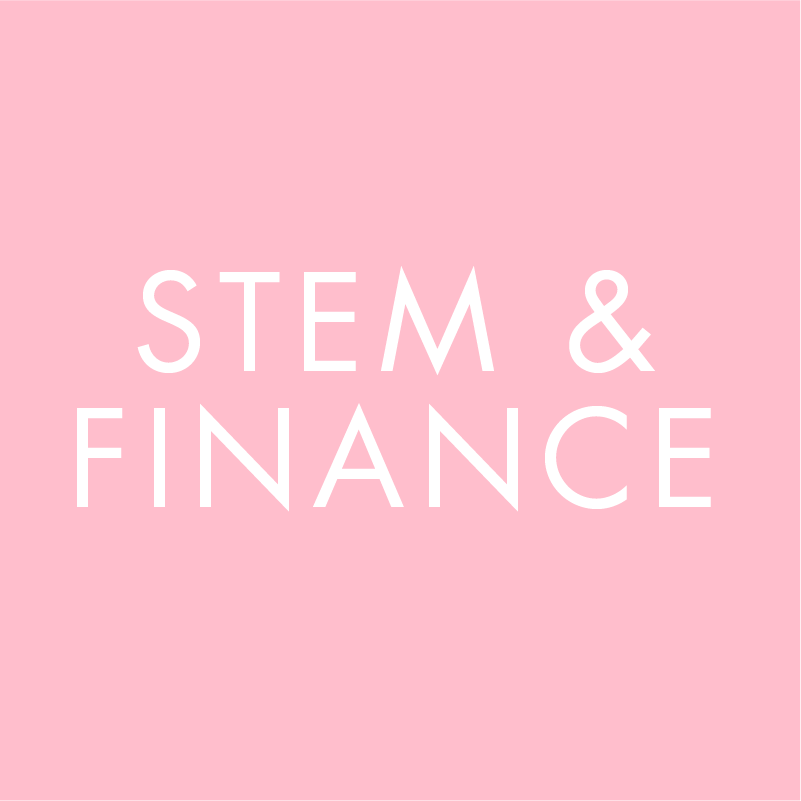In a world where “the dream” is being signed by a major label, Ella Vos bucks tradition. When she walked into meetings with labels to find a major lack of female executives, she was inspired to take a risk and strike out on her own.
It’s safe to say the risk of going independent paid off: Ella’s debut album was an instant hit—she’s played big festivals, sold out shows, and had her music featured on Grey’s Anatomy, Life of Kylie, and The Originals. But amidst her rise to fame, Ella wants us to know she’s still a real person. She started her journey in music while pregnant with her only son, and she wrote her hit song White Noise about her struggle with postpartum depression. The song, of course, went viral, but Ella is humble: When someone likes her music, she says, it’s “the best feeling ever.”
This breakout star has done so much in her short musical career, but talking to her gives you the feeling that this is just the beginning. We can’t wait to see what’s next for Ella Vos.
You released your debut album, Words I Never Said, independent of a label. Why did you choose to go solo?
I could write an essay on the reasons I didn’t release my album with a label, but the short answer is that it just didn’t feel right. I had several meetings that left me feeling disappointed in the absence of women at the executive level in the music industry; normally I would have thought “That’s just the way things are,” but instead it inspired me to do something different. I definitely went into this career thinking I would “need” a label to have any type of success. That way of thinking was a big reason why I decided to remain independent—to prove, even just to myself, that there is not one way or path to anything in life. It was liberating to take control and know that it was up to me to make it happen.
What has been your biggest opportunity or biggest challenge?
My biggest challenge has been viewing my career as a business, and that I am the boss. It’s not instinctual as an artist to think that way—at least, not for me. I’ve had to really push myself to speak up for what I want, how I want to do things, and what my goals are, and not what I think someone else thinks my goals should be.
Vulnerability and honesty shine through your lyrics. What message do you want to spread to women through your music?
I hope to spread to everyone, especially women, that it’s okay to be vulnerable. It’s okay to be wherever you are emotionally, or physically, whether you’re happy or not. And it’s important to talk about it. I think for years I feared showing my feminine side for risk of appearing “less than”— less capable, less trustworthy, less attractive, less stable, etc. But that’s a very damaging and dangerous way of thinking that I’ve been working on changing in myself and hope to inspire others to do as well.
What’s your songwriting process?
I almost always start with a melody over a single instrument, either piano or guitar. I’ll mumble out words in the melody that become building blocks to write the lyrics. Sometimes, not all the time, a word will pop out that inspires the rest of the song. Other times it takes days of writing and journaling and brainstorming to find what the song is about. Sometimes I don’t really know what the song is actually about until I’ve written and recorded it. I like to really “brew” in my lyrics, working on them over the course of days, changing little words here and there. I hate writing lyrics in front of other writers or producers; I get really self-conscious, so I usually write lyrics alone at home in my bedroom.
Whose career really inspires you?
So many of the up and coming female artists right now are SO inspiring to me—like Maggie Rogers, Billie Eilish, Bishop Briggs, Elohim, Verité, Jessie Reyez… the list goes on. Every one really seems like they’re doing it their own way and loving it, and it makes me really excited for where music is headed.
You’ve been open about your battle with postpartum depression after your son was born. How was music a source of comfort for you during that time?
Music has always been a source of comfort, starting with playing the piano when I was young—it was really the first way I learned to express myself. But I didn’t realize how important a tool it could be until I was dealing with postpartum depression—how it could help not only to release emotions, but to also make sense of things and gain confidence to speak up about it.
It was liberating to take control and know that it was up to me to make it happen.
What’s been the biggest surprise or highlight of your career to date?
I’m constantly surprised at the consistency of everything; that even when I couldn’t release music for a year, that people still continue to listen and share and follow. Also, sometimes, I’m just shocked that anyone likes my music at all, which I know is silly, but it’s an honest feeling. You spend all this time making art, alone, caring for it like a little baby, and then you throw it out into the world not knowing what will happen to it—and any time someone grabs onto it and says “i like this!” it feels like the biggest accomplishment ever.
When you hit a bump or hurdle in your career, how do you find a new road + switch gears to find success?
Success is a word I’ve been challenged to redefine for myself constantly. I’ve hit some major bumps—one of the biggest was being diagnosed with cancer while on tour this past year. It was easy to feel like my year career-wise was going to be a failure, but instead I just leaned really hard into what I knew I could accomplish and what I thought would make me happy, letting the less important pieces slip away.
What’s the best piece of advice you’ve ever been given?
Believe in yourself and others will follow.
What’s next for you?
I’m releasing my EP Watch & Wait in January and heading off on a US headline tour end of March. I’ve also been directing my own music videos recently and hope to do quite a few more!
Photography by Annie McElwain Photography
Photoshoot skincare provided by Dermalogica



